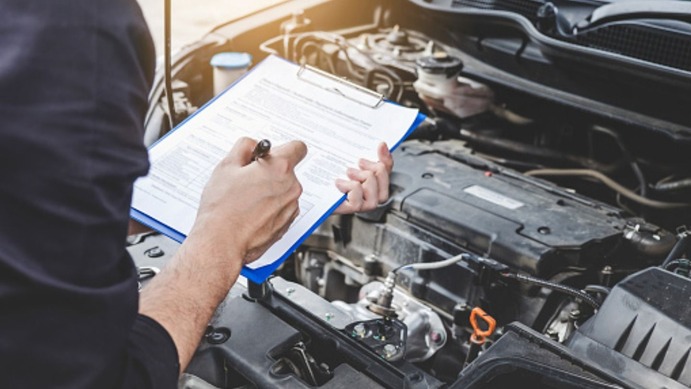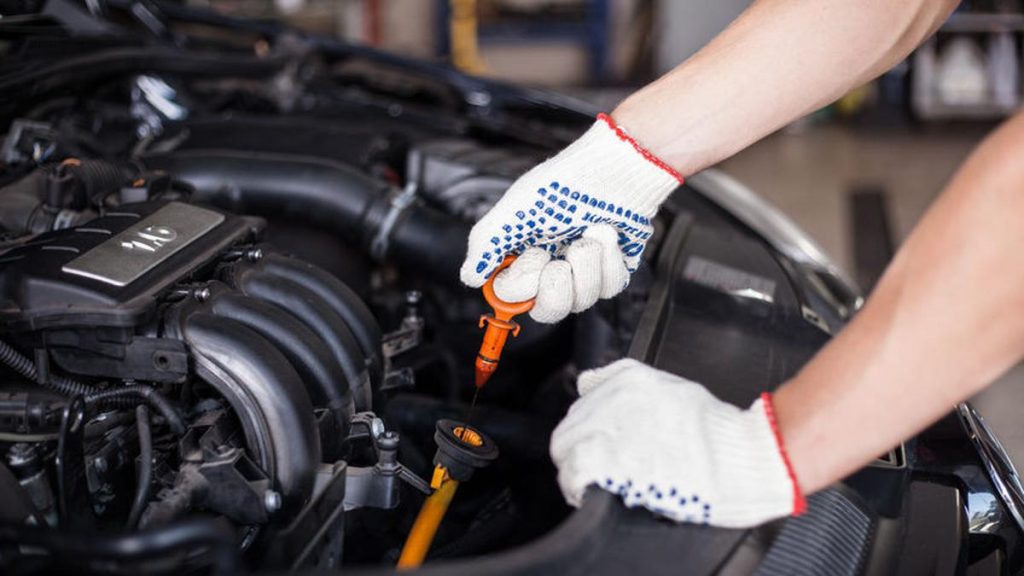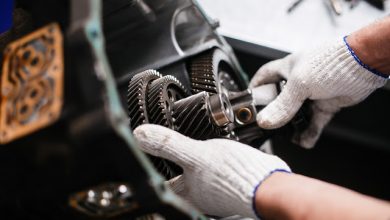Understanding Car Tuneups: What You Need to Know

A car tuneup is an essential part of vehicle maintenance, designed to keep your car running smoothly and efficiently. While modern cars are more reliable than ever, regular tuneups are still necessary to address wear and tear, improve performance, and prevent potential issues down the road. In this article, we’ll explore what a tuneup on a car entails, why it’s important, and how to know when your vehicle might need one.
What Is a Tuneup on a Car?

A tuneup is a comprehensive inspection and servicing of your car’s key components to ensure optimal performance. While the specifics may vary depending on the make and model of your vehicle, a typical tuneup for cars includes checking and replacing parts that are prone to wear. These components often include:
- Spark plugs: Old or faulty spark plugs can cause misfires, reduced fuel efficiency, and sluggish acceleration.
- Air and fuel filters: These filters keep debris out of your engine and fuel system, ensuring clean combustion and efficient operation.
- Ignition system: Components like the ignition coil and distributor are inspected and replaced if necessary.
- Fluids: Essential fluids, such as engine oil, coolant, and transmission fluid, are checked and topped off or replaced.
- Belts and hoses: Cracks, fraying, or wear in belts and hoses can lead to serious engine problems if not addressed.
- Battery: The car’s battery and connections are tested to ensure reliable starting and electrical performance.
Why Is a Car Tuneup Important?
Routine tuneups are crucial for maintaining your vehicle’s health. Here are some key benefits of scheduling a tuneup for your car:
- Improved Fuel Efficiency: Over time, components like spark plugs and air filters can degrade, leading to decreased gas mileage. Replacing these parts can help your car run more efficiently.
- Enhanced Performance: A tuneup restores your car’s engine to peak condition, resulting in smoother acceleration and reliable operation.
- Extended Lifespan: Regular maintenance can prevent small issues from turning into costly repairs, helping your vehicle last longer.
- Emission Compliance: Replacing worn-out components reduces harmful emissions, ensuring your car meets environmental standards.
- Early Problem Detection: A tuneup provides an opportunity for a trained technician to identify potential problems before they escalate.
When Does Your Car Need a Tuneup?
The timing for a car tuneup varies based on the manufacturer’s recommendations, typically outlined in the owner’s manual. For older vehicles, tuneups may be necessary every 10,000 to 20,000 miles. However, newer cars with advanced onboard diagnostics may require tuneups less frequently—every 30,000 to 100,000 miles, depending on the component.
Common signs that your car may need a tuneup include:
- Reduced gas mileage
- Rough idling or stalling
- Difficulty starting the engine
- Decreased power or sluggish acceleration
- Unusual engine noises or warning lights
A tuneup for cars is a vital service that ensures your vehicle performs at its best. Whether you drive a classic car or a modern model, regular tuneups help you avoid breakdowns, improve efficiency, and extend your car’s lifespan. By addressing minor issues early and maintaining essential components, you can enjoy a safer and more reliable driving experience. Always consult your mechanic or check your car’s manual to determine the right tuneup schedule for your vehicle.


